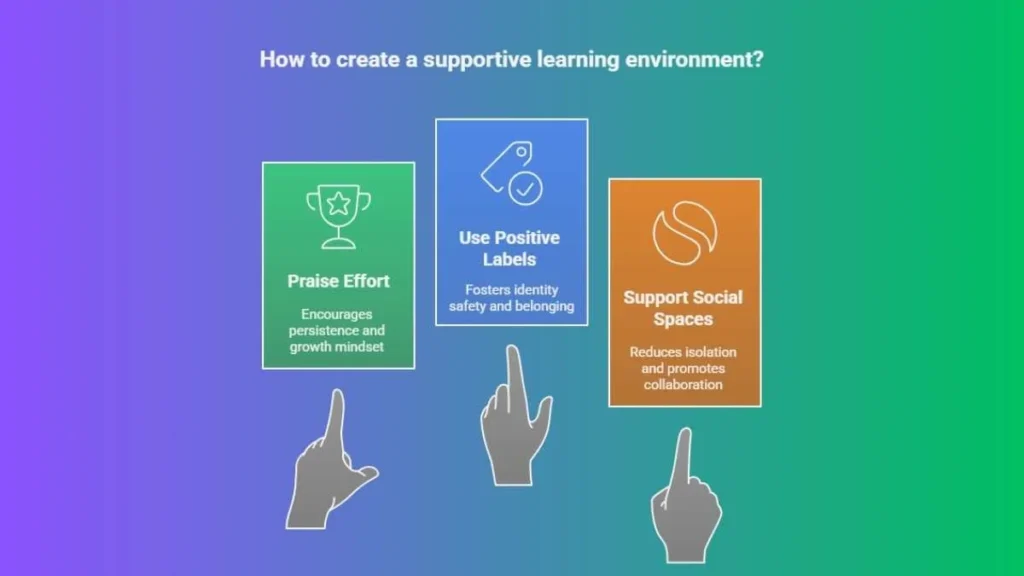Xuebaotou is a contemporary Chinese slang expression that affectionately names someone who loves learning and often excels at school. It fuses the characters for “study” (学), “treasure” (宝), and “head/person” (头) to produce a playful label for devoted students and lifelong learners.
Used widely in online communities and youth culture, the word captures admiration, gentle teasing, or humorous self-reference depending on tone and setting.
- Definition and Core Meaning
- Cultural Background: Why This Term Emerged
- Tone and Context: How People Use the Word
- Comparing Study-Related Terms
- Real-Life Examples
- Why “宝” (Treasure) Changes the Meaning
- Social Media, Memes, and the Study-With-Me Trend
- Global Comparisons: How Other Languages Label Learners
- Practical Tips for Students
- How Teachers and Parents Can Respond
- FAQs
- Conclusion
As a cultural term, xuebaotou highlights a modern shift: academic effort can be celebrated with warmth and personality, not just pressure. This article explains what the word means, how people use it, why it matters in student culture, and how it connects to global terms for avid learners.
Definition and Core Meaning

At its heart, xuebaotou describes a person who truly enjoys studying and consistently dedicates time to learning, not just for grades but out of genuine curiosity. The label highlights habits such as a passion for reading and academic exploration, steady effort rather than short bursts of performance, pride in personal growth and mastery, and a playful sense of identity within peer groups. Rather than focusing purely on intelligence, xuebaotou emphasizes mindset, motivation, and the joy of learning as a lifestyle.
Cultural Background: Why This Term Emerged
Education historically holds high social value in China. From imperial exams to modern universities, achievement matters. With youth using social platforms more than ever, new slang has emerged to humanize academic identity. Xuebaotou was born online, on social video sites, forums, and chat groups, where students remix serious topics with humor and affection.
Tone and Context: How People Use the Word
The flexibility of the term makes it popular in everyday speech. Below are common ways the word appears:
- Admiration: “She’s a real xuebaotou, always curious and helpful.”
- Teasing: “There goes the xuebaotou, studying at midnight again.”
- Self-deprecating humor: “I tried to be a xuebaotou this week; then I napped.”
- Encouragement: “Join our study circle and channel your inner xuebaotou.”
This range keeps the expression friendly, avoiding harsh judgment while still acknowledging academic commitment.
Comparing Study-Related Terms
| Term (Chinese) | Literal Sense | Tone | When Used |
| 学霸 (xuébà) | Study master | Serious, admiring | High achievers, often top scorers |
| 学神 (xuéshén) | Study god | Extreme praise | Exceptional talent or results |
| 学渣 (xuézhā) | Study slacker | Self-deprecating | Poor performers, jokingly |
| 学宝头 (xuebaotou) | Learning treasure-person | Affectionate, playful | Passionate learners, community identity |
Real-Life Examples
- Study groups: Students tag peers as xuebaotou to show respect and invite collaboration.
- Social media: Short clips titled “xuebaotou study session” motivate viewers to focus.
- Classrooms: Teachers may tease top participants with the name in a warm way.
These practical examples show how the term moves from meme culture into everyday school life.
Why “宝” (Treasure) Changes the Meaning
Adding “bǎo” (宝), “treasure”, turns a straightforward label into something affectionate. Unlike harsher slang that isolates or shames, xuebaotou rewards dedication with a cute, human tone. That nuance makes it useful for community building and positive reinforcement among peers.
Social Media, Memes, and the Study-With-Me Trend
In online study communities, creators adopt study aesthetics and accountability methods. Content labeled with the term often features:
- Timed study sessions and pomodoro streams
- Aesthetic desk setups and stationery showcases
- Short motivational captions urging consistent study
This digital ecosystem helps normalize sustained learning and reduces shame around being studious.
Global Comparisons: How Other Languages Label Learners
- English: “bookworm,” “nerd” (varies from teasing to proud)
- South Asia: “topper” (performance-focused)
- Internet culture: “studyblr” and “study with me” communities
The international trend is similar: communities invent friendly terms that either celebrate or lightly mock intense study habits. xuebaotou stands out by blending admiration with cuteness.
Practical Tips for Students
Teachers and parents can support learners by praising consistent effort rather than only focusing on outcomes, as this helps children develop a growth mindset and stay motivated even when facing challenges. Using identity-safe labels or positive nicknames, such as xuebaotou, can help build confidence and reduce the negative pressure often associated with academic performance. Additionally, creating social learning spaces where students can collaborate, share ideas, and feel included helps reduce isolation and anxiety. When learners feel emotionally supported, recognized for their hard work, and connected to others, they are more likely to internalize healthy study habits and maintain long-term engagement without feeling overwhelmed by expectations.
How Teachers and Parents Can Respond
- Praise consistent effort, not just outcome.
- Encourage identity-safe labels (positive nicknames like xuebaotou).
- Support social learning spaces that reduce isolation.

A supportive environment helps learners internalize healthy habits without undue pressure.
FAQs
Q: Is xuebaotou used outside China?
Sometimes, international learners adopt it via social platforms.
Q: Is the label age-specific?
No, it fits students and adult learners alike.
Q: Can someone be a xuebaotou without top grades?
Yes, dedication and curiosity matter more than scores.
Conclusion
The term xuebaotou captures more than academic ability; it represents a modern, friendly take on studying that blends curiosity, discipline, and social warmth. As student communities online and offline continue to evolve, such labels can encourage healthier attitudes toward education.
Celebrating steady, joyful learning creates a culture where effort is visible and valued, and where students feel proud to call themselves learners. Embrace the spirit of the word: study with curiosity, share your progress, and uplift others.








